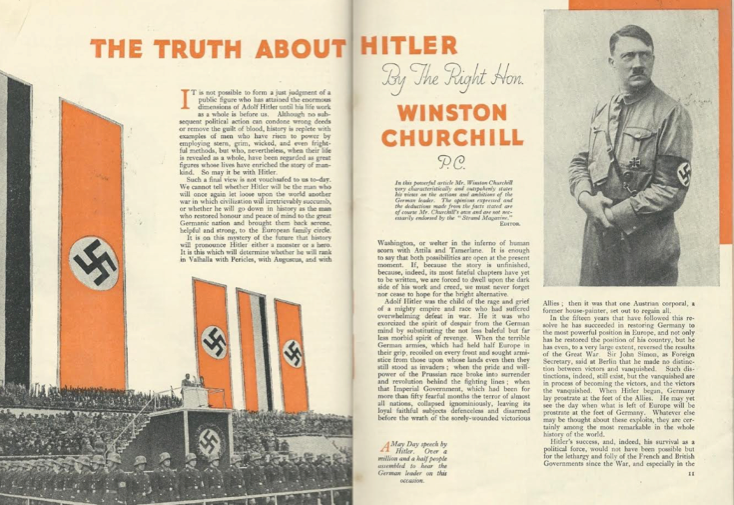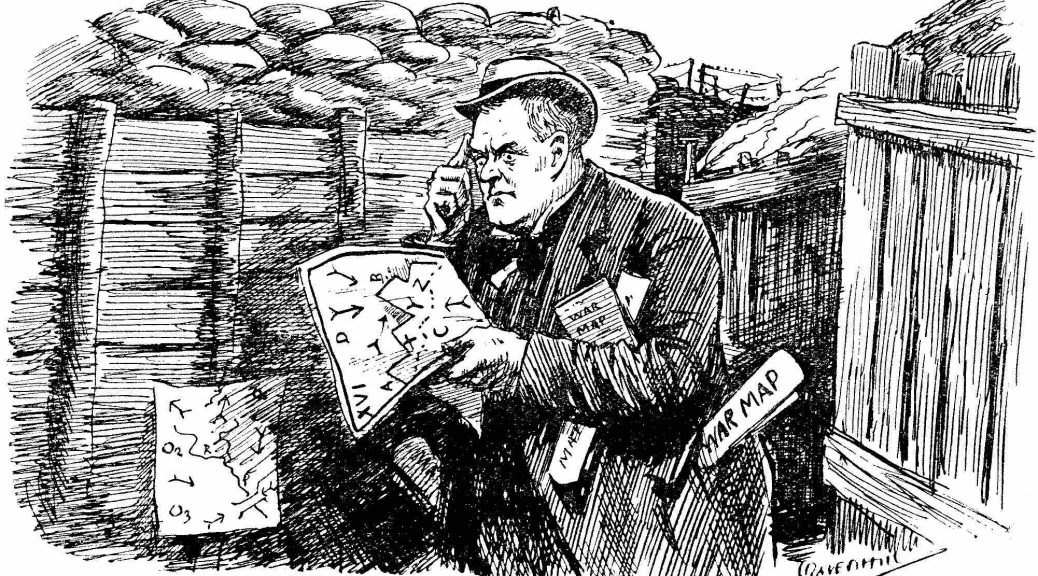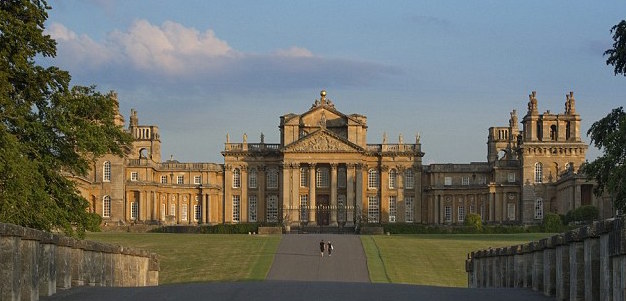
Nashville (5). The Myth that Churchill Admired Hitler
Part 5 of Winston Churchill, Myth and Reality examines multiplying fables between the two World Wars. Churchill was an alcoholic, we are often assured. He flip-flopped over Bolshevism. All Jews were communists, he said. He despised Gandhi. A closet fascist, he supported Mussolini. But one tall tale perhaps eclipses all the others. It is the idea that Churchill admired Hitler. Remarks to the Churchill Society of Tennessee, Nashville, 14 October 2017. Continued from Part 4…
Judging HitlerIt is important to understand just how right Churchill was about Hitler. In May 1935 the Führer wrote a revealing letter to the British newspaper magnate Esmond Harmsworth, Lord Rothermere, one of his promoters.…









